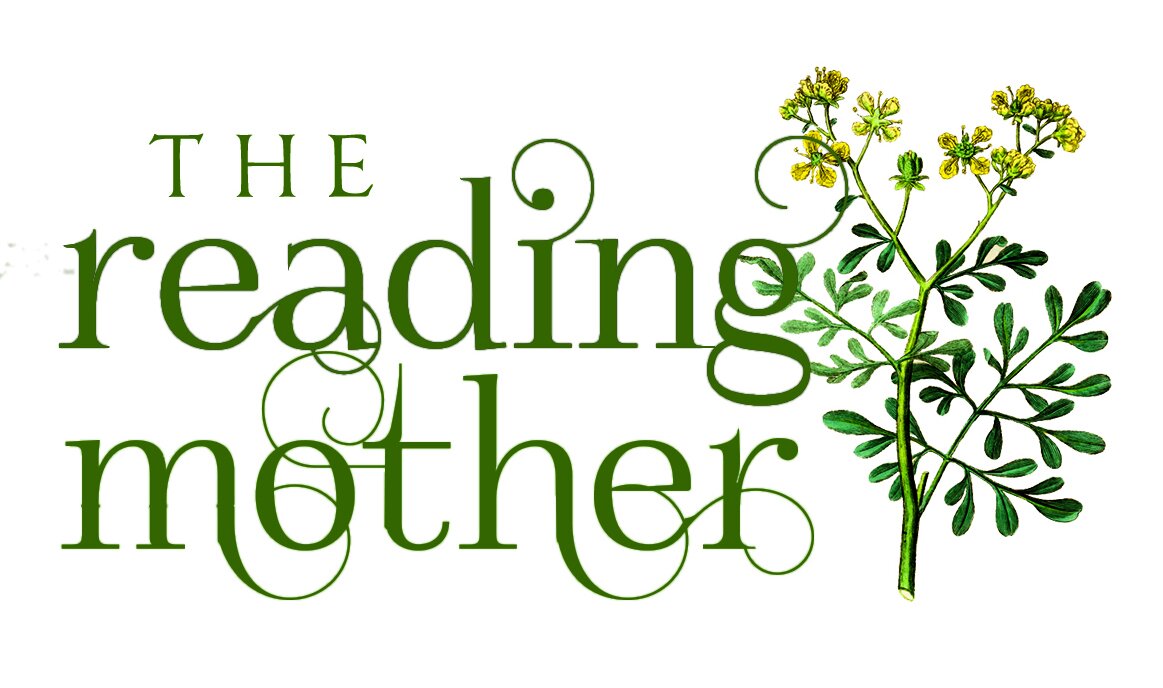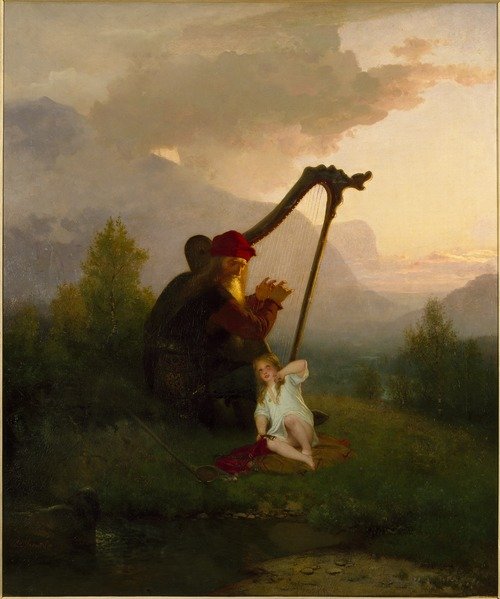Reading Poetry with Children
Master teacher Q—Sir Arthur Quiller-Couch, mentor to Lewis and Tolkien and Sayers, editor of the Oxford Book of English Verse—gives a very Charlotte Mason-like example of how to read a classic poem with a child.
If, then, you consent with me thus far in theory, let us now drive at practice. You have (we will say) a class of thirty or forty in front of you. We will assume that they know a-b, ab, can at least spell out their words. You will choose a passage for them, and you will not (if you are wise) choose a passage from "Paradise Lost": your knowledge telling you that "Paradise Lost" was written, late in his life, by a great virtuoso, and older men (of whom I, sad to say, am one) assuring you that to taste the Milton of "Paradise Lost" a man must have passed his thirtieth year. You take the early Milton: you read out this, for instance, from "L'Allegro":
Haste thee, Nymph, and bring with thee
Jest and youthful Jollity,
Quips, and Cranks, and wanton wiles,
Nods and Becks, and wreathed Smiles
Such as hang on Hebe's cheek,
And love to live in dimple sleek;
Sport that wrinkled Care derides,
And Laughter holding both his sides.Go on: just read it to them. They won't know who Hebe was, but you can tell them later. The metre is taking hold of them (in my experience the metre of "L'Allegro" can be relied upon to grip children) and anyway they can see `Laughter holding both his sides': they recognise it as if they saw the picture. Go on steadily:
Come, and trip it as ye go,
On the light fantastick toe;
And in thy right hand lead with thee
The Mountain Nymph, sweet Liberty;
And, if I give thee honour due,
Mirth, admit me of thy crew—Do not pause and explain what a Nymph is, or why Liberty is the 'Mountain Nymph'! Go on reading: the Prince has always to break through briers to kiss the Sleeping Beauty awake. Go on with the incantation, calling him, persuading him, that he is the Prince and she is worth it. Go on reading
—Mirth, admit me of thy crew,
To live with her, and live with thee,
In unreprovéd pleasures free;
To hear the lark begin his flight,
And singing startle the dull night,
From his watch-towre in the skies,
Till the dappled dawn doth rise.At this point—still as you read without stopping to explain, the child certainly feels that he is being led to something. He knows the lark: but the lark's 'watch-towre'—he had never thought of that: and 'the dappled dawn'-yes that's just it, now he comes to think:
Then to come, in spite of sorrow,
And at my window bid good-morrow,
Through the sweet-briar or the vine
Or the twisted eglantine;
While the cock with lively din
Scatters the rear of Darkness thin;
And to the stack, or the barn door,
Stoutly struts his dames before:
Oft listening how the hounds and horn
Cheerily rouse the slumbering Morn,
From the side of some hoar hill,
Through the high wood echoing shrill:
Sometime walking, not unseen,
By hedgerow elms on hillocks green,
Right against the eastern gate,
Where the great sun begins his state,
Robed in flames and amber light,
The clouds in thousand liveries dight;
While the ploughman, near at hand,
Whistles o'er the furrow'd land,
And the milkmaid singeth blithe,
And the mower whets his sithe,
And every shepherd tells his tale
Under the hawthorn in the dale.Don't stop (I say) to explain that Hebe was (for once) the legitimate daughter of Zeus and, as such, had the privilege to draw wine for the gods. Don't even stop, just yet, to explain who the gods were.
Don't discourse on amber, otherwise ambergris; don't explain that 'gris' in this connexion doesn't mean 'grease'; don't trace it through the Arabic into Noah's Ark; don't prove its electrical properties by tearing up paper into little bits and attracting them with the mouth-piece of your pipe rubbed on your sleeve. Don't insist philologically that when every shepherd 'tells his tale' he is not relating an anecdote but simply keeping tally of his flock.
Just go on reading, as well as you can; and be sure that when the children get the thrill of it, for which you wait, they will be asking more questions, and pertinent ones, than you are able to answer.
— Sir Arthur Quiller-Couch, On the Art of Reading, Lecture IV "On Children’s Reading" (II), Section viii.
This selection from Q is featured in the how-to section of all Poetry Reader volumes from Cottage Press.

